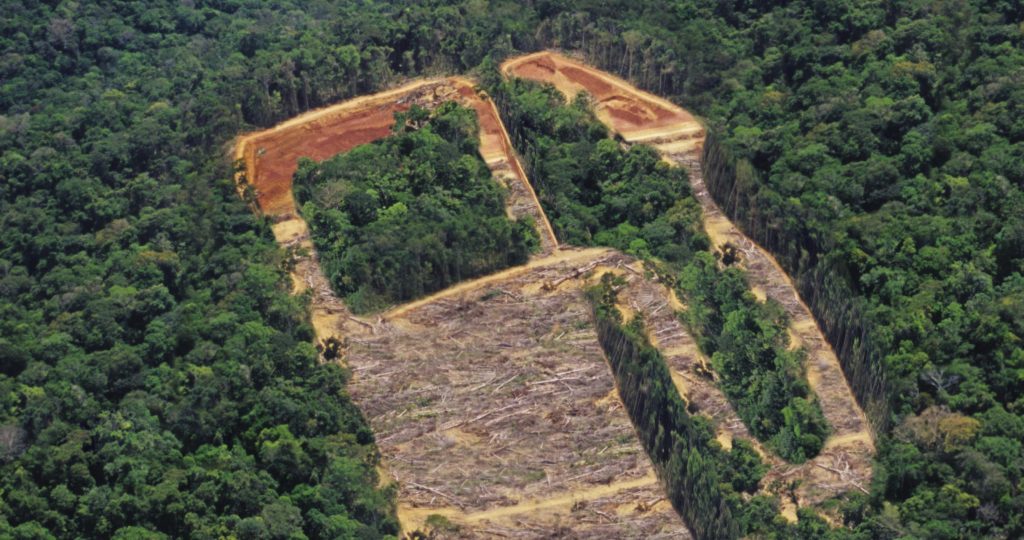European Union energy chiefs failed today to limit the quantities of ‘food based’ biofuels allowed in Europe in a key debate in Brussels. The outcome means that plans to prevent biofuels competing with food will be further delayed, pushing more people into hunger and leading to further deforestation.
EU energy ministers debated a proposed limit of 7% of transport energy on biofuels made from food. The Netherlands, Belgium, Denmark, Italy and Luxembourg all refused to back this deal, saying it did not do enough to reduce the environmental and social harm of EU demand for biofuels. Poland and Hungary, which oppose biofuels reform, also blocked a compromise.
Friends of the Earth Europe says that biofuels such as from palm oil, soy, rapeseed and cereals which compete with food production for land and water should be halted at current levels – 4.6% of transport energy – and ultimately phased out altogether. The 7% deal would allow a 50% increase in the European consumption of food for fuel – equivalent to enough food calories to feed 69 million people annually. Tougher controls are sought by the European Commission and the European Parliament, and several national governments.
Reacting to the lack of agreement, Robbie Blake, biofuels campaigner for Friends of the Earth Europe said: “The reckless use of food crops to fuel our cars is a disgrace and should be phased out. Any delay in correcting this failing biofuels policy is bad for the environment and the world’s poor.
“Too many ministers have willfully turned a blind eye to the evidence, which shows biofuels are contributing to food price rises, land grabbing and higher carbon emissions. Today’s failure to set limits on food for fuel means biofuels will continue to be sold in the EU and receive billions of euros of taxpayers’ money. Too many countries have done the bidding of biofuels industry lobbyists, and it’s the world’s poor and the environment that will pay the price, until real reforms are agreed.
“We call on governments and the EU to act fast and put in place limits to halt and ultimately reverse the growth of harmful biofuels.”







